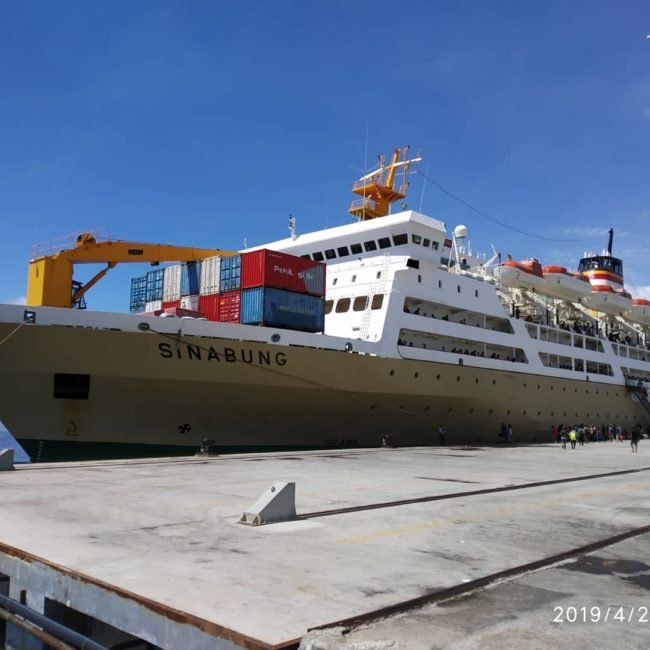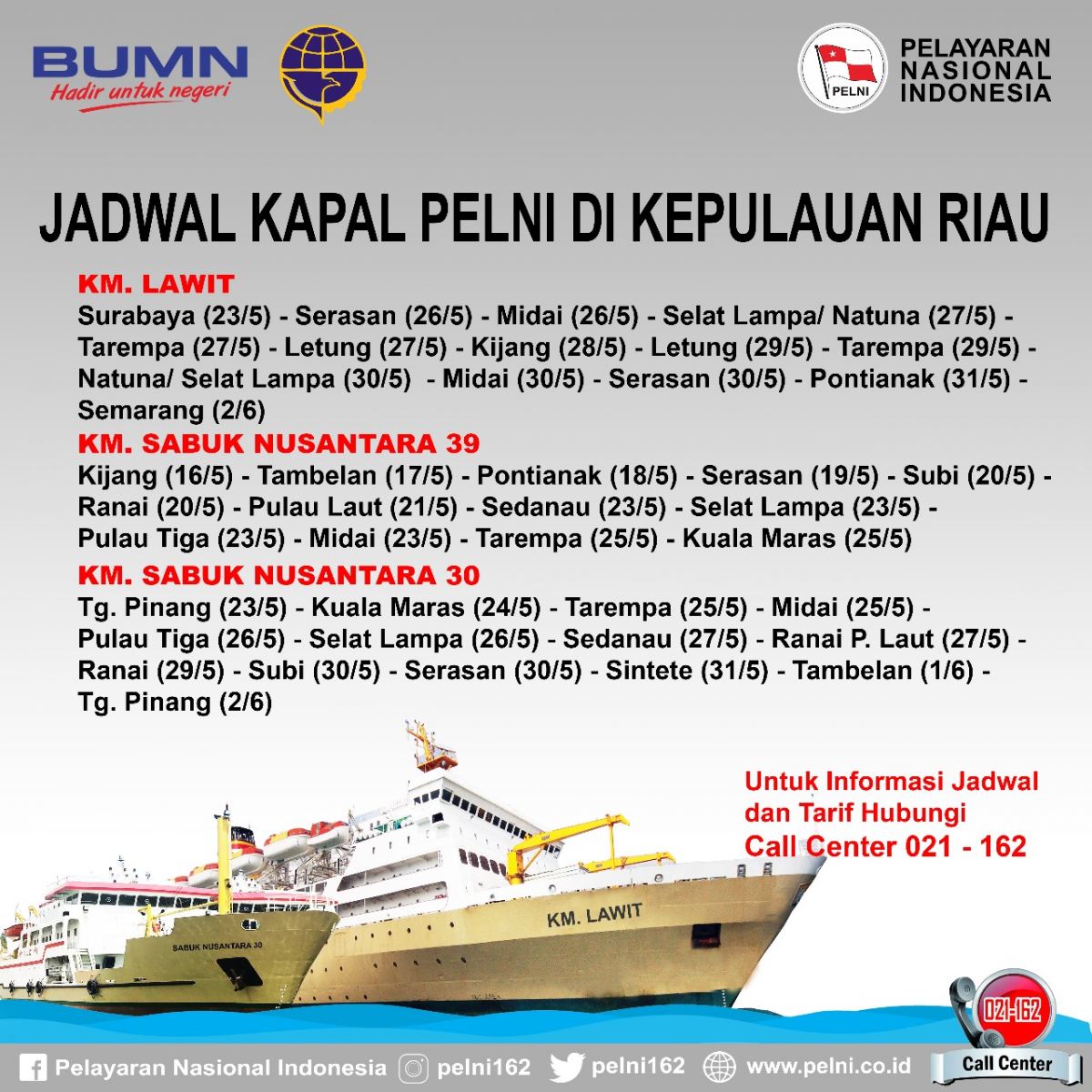


KPM discontinued its Indonesian operation on December 3, 1957. These strategies proved successful, as KPM suffered from declining market share and strike workers led by Sukarno's leftist doctrine. Pelni also used ships looted from Japan in World War 2. While waiting for these new ships to be produced, Pelni rented various ships from many countries across the world. To bring more power, Indonesian Eximbank provided funding to buy 45 new coaster ships from western European countries. Pelni (now as a company, not a foundation) was founded on the same day, with the same fleet. On April 28, 1952, PEPUSKA was dissolved. However, due to a lack of experience and capital, PEPUSKA failed to takeover KPM's monopoly. In response to Dutch refusal, on September 5, 1950, Indonesia founded PEPUSKA ( Yayasan Penguasaan Pusat Kapal-kapal, Centrally-controlled Ships Foundation) that operates 8 ships with a total size of 4.800 Deadweight tonnage.

KPM also played an important role in transporting Dutch logistics and military supplies during the Indonesian National Revolution. The Dutch refused to give away KPM, due to its strong position as a connector of the Indonesian archipelago. KPM headquarter was in Amsterdam, but daily operations were controlled from Batavia, Dutch East Indies (now Jakarta).Īs a newly independent republic in the late 1940s, Indonesian government decided to nationalize Dutch-owned companies. Under the Dutch colonial rule, Indonesian inter-islands transportation was dominated by Koninklijke Paketvaart-Maatschappij (KPM), founded in 1888.


 0 kommentar(er)
0 kommentar(er)
